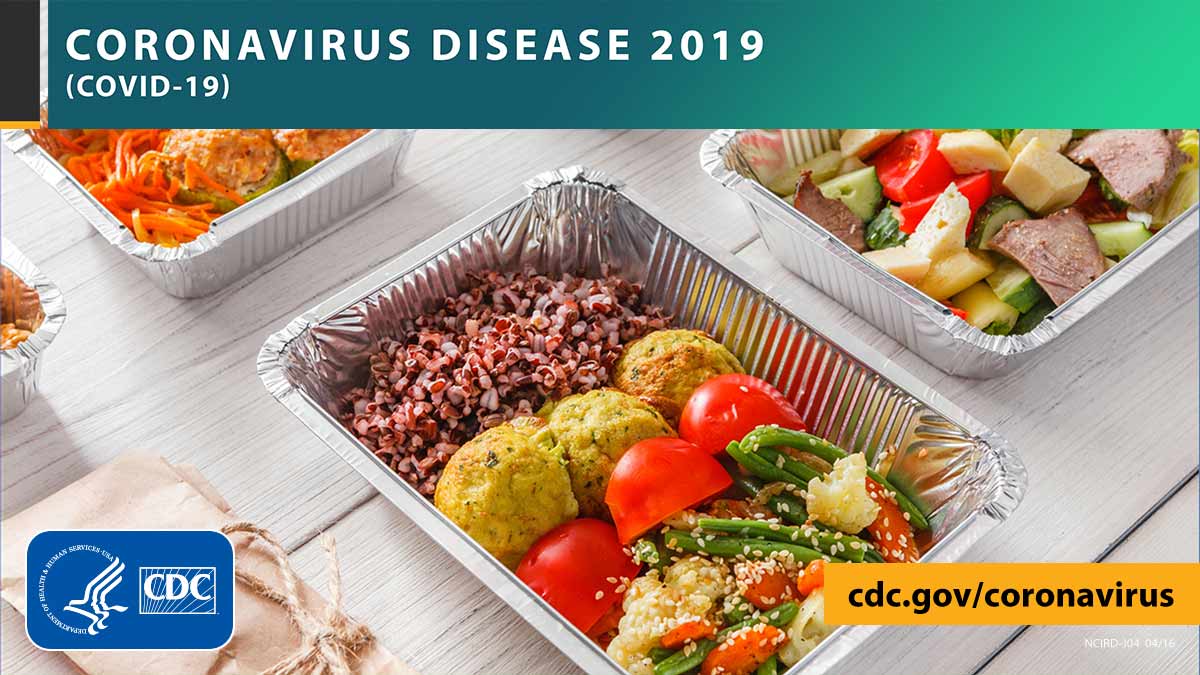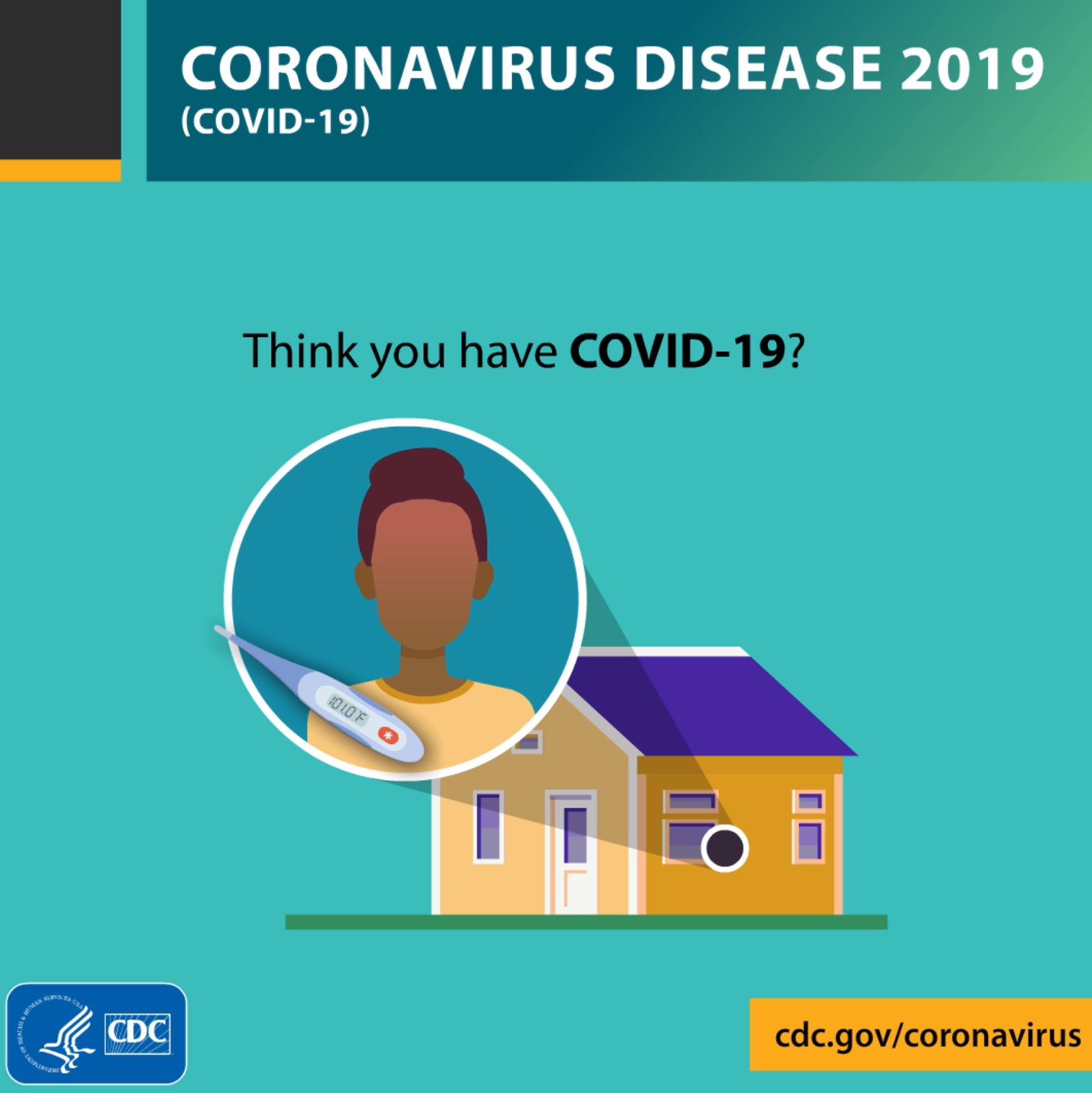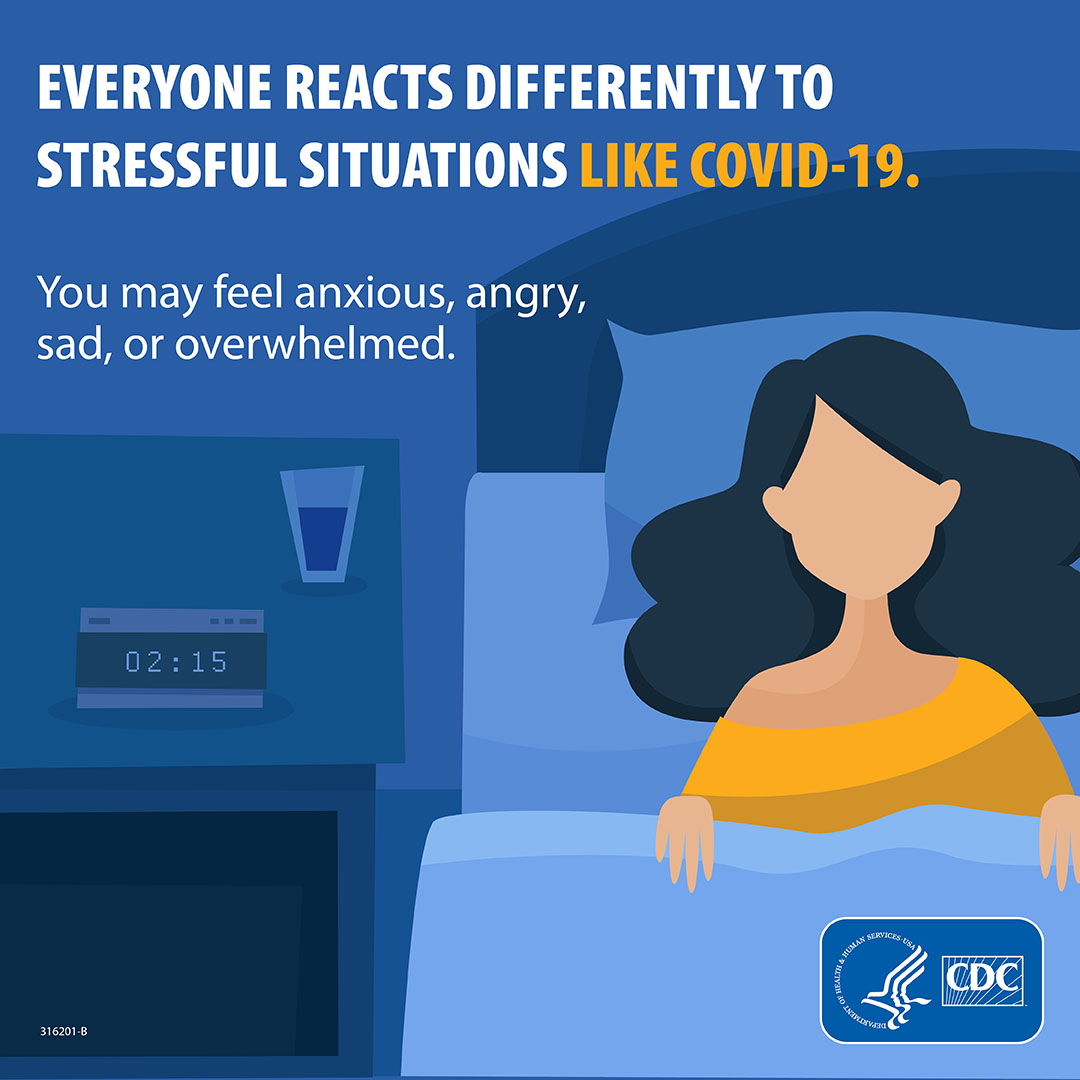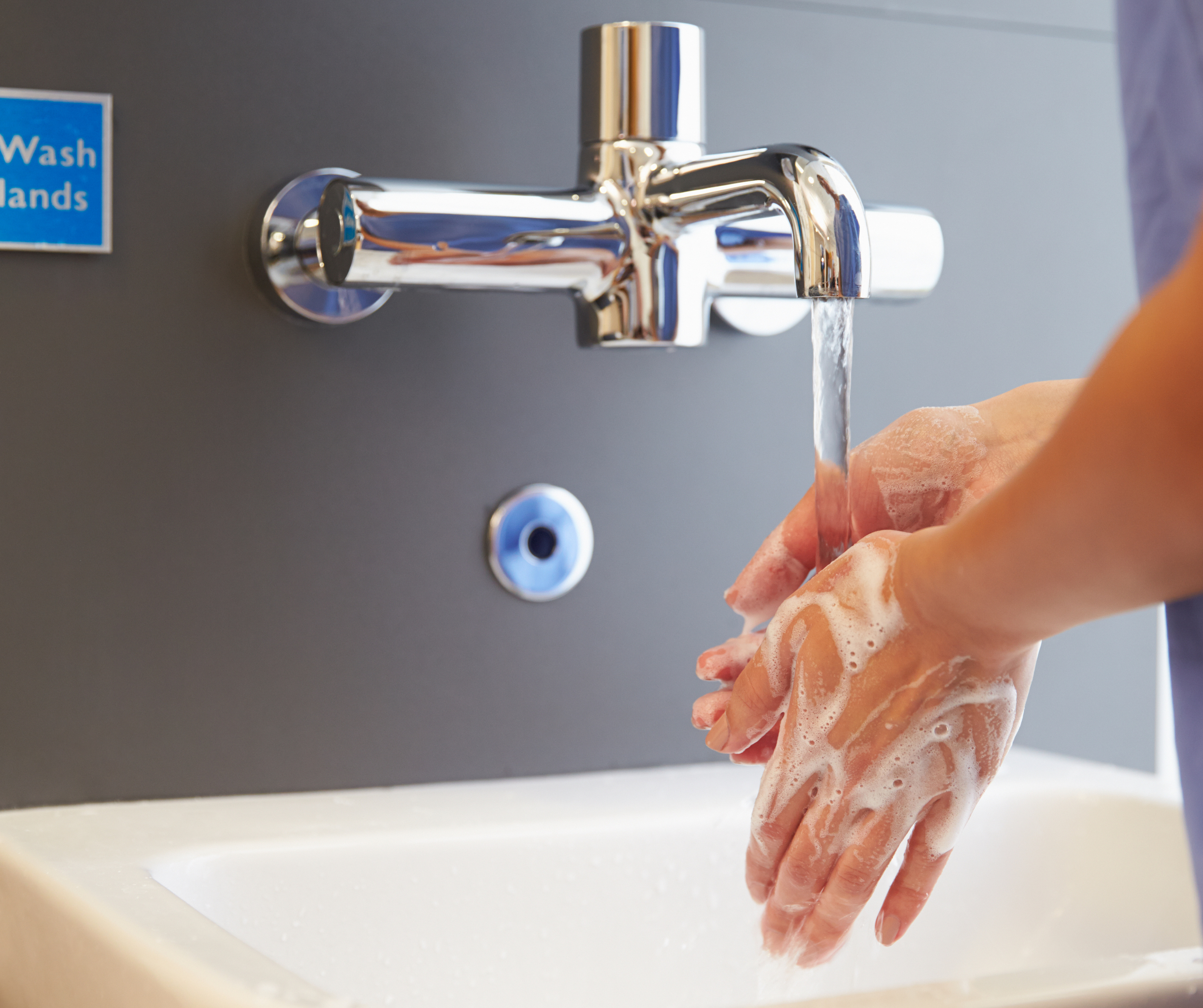Hand hygiene is an important part of the U.S. response to the international emergence of COVID-19. Practicing hand hygiene, which includes the use of alcohol-based hand rub (ABHR) or handwashing, is a simple yet effective way to prevent the spread of pathogens and infections in healthcare settings.
Hand Hygiene means cleaning your hands by using either handwashing (washing hands with soap and water), antiseptic hand wash, antiseptic hand rub (i.e. alcohol-based hand sanitizer including foam or gel), or surgical hand antisepsis
Cleaning your hands reduces:
- The spread of potentially deadly germs to patients
- The risk of healthcare provider colonization or infection caused by germs acquired from the patient
Methods for Hand Hygiene: Alcohol-Based Hand Sanitizer vs. Washing with Soap and Water
- Alcohol-based hand sanitizers are the most effective products for reducing the number of germs on the hands of healthcare providers.
- Alcohol-based hand sanitizers are the preferred method for cleaning your hands in most clinical situations.
- Wash your hands with soap and water whenever they are visibly dirty, before eating, and after using the restroom.
Learn more at: https://www.cdc.gov/handhygiene/providers/index.html
Content provided by the Centers for Disease Control and Prevention.




